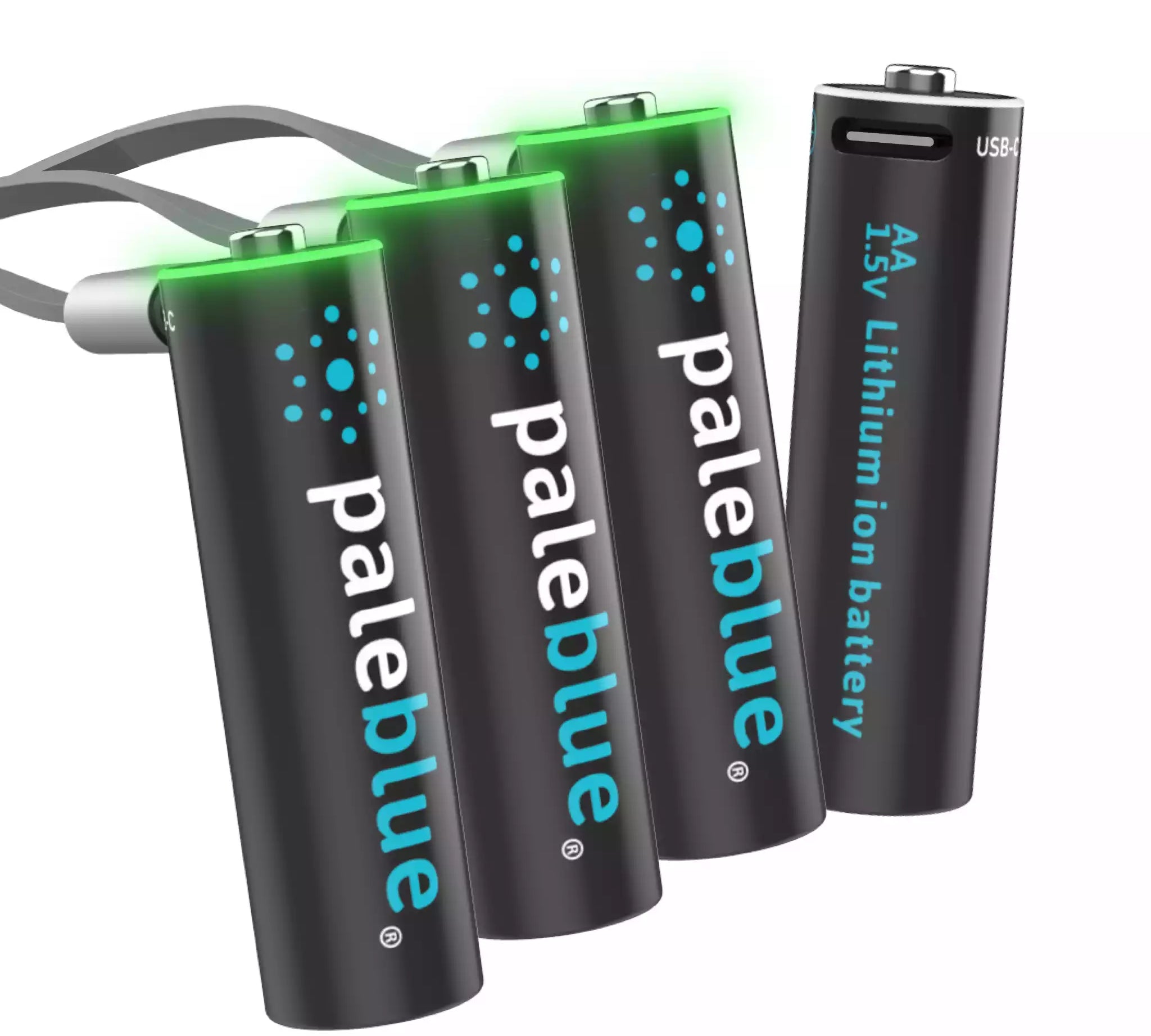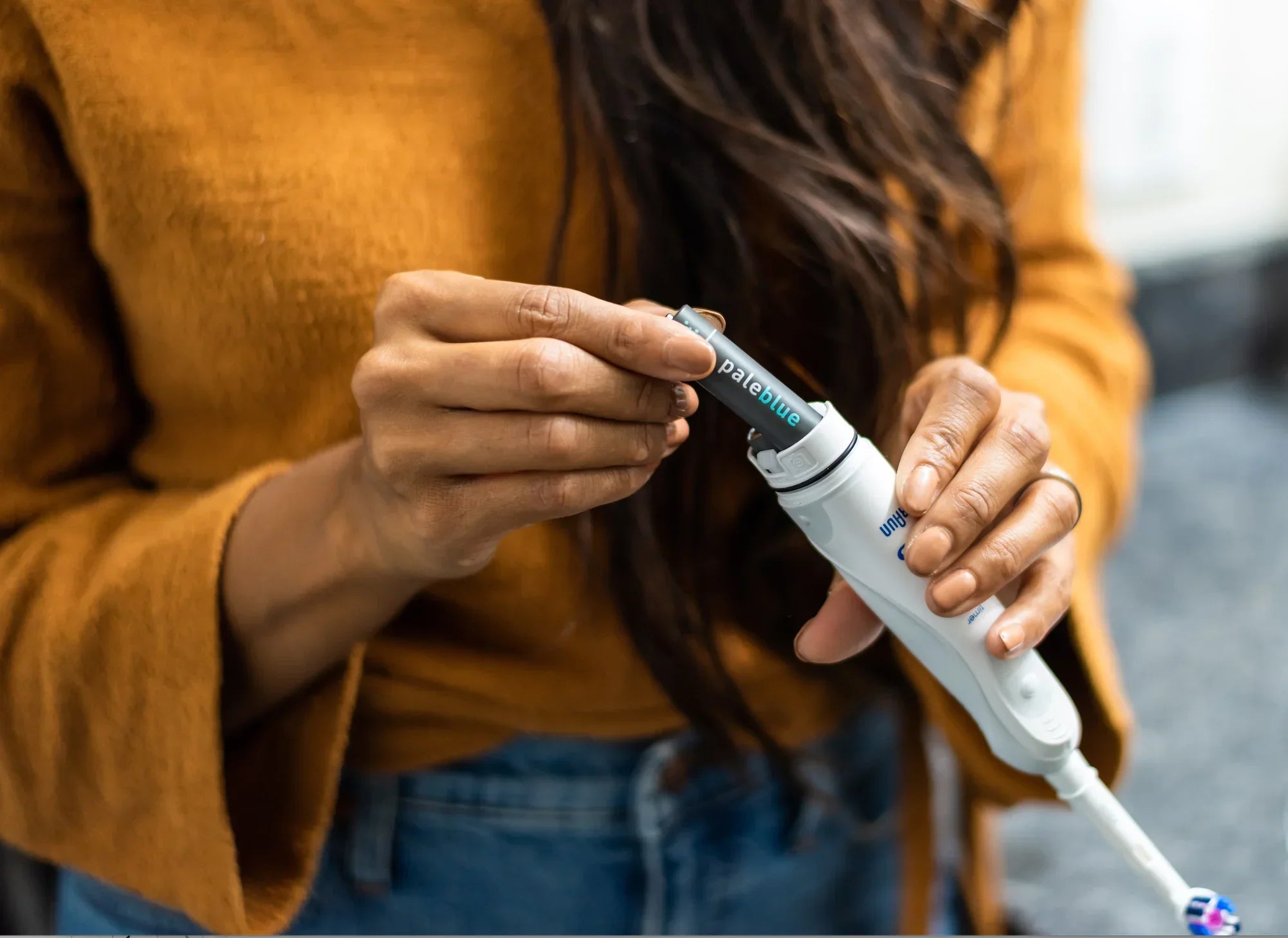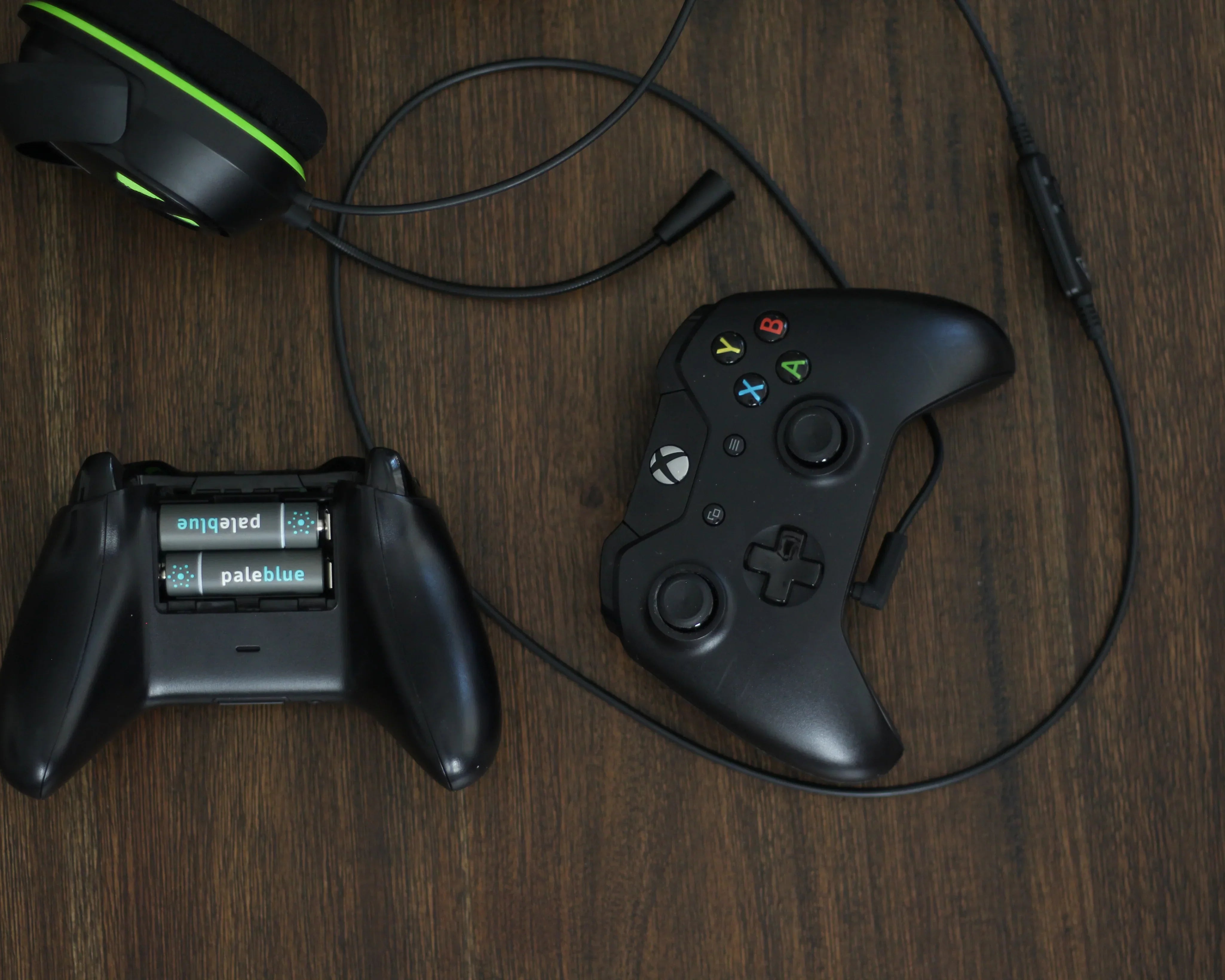3 Reasons We Recommend Against Freezing Batteries

All across the internet you will find articles recommending that you freeze batteries in order to extend their lives. This is an old tip that people have been following for generations. It turns out that some battery freezers don't know the science behind it. We recommend against the practice and will explain why in this post.
Before getting to the explanation, understand that it is very difficult to freeze a battery solid. A fully discharged battery can technically freeze at temperatures just below 32°F. On the other hand, a fully charged battery would require extreme cold over an extended amount of time to freeze solidly. When people talk about ‘freezing’ batteries, what they really mean is keeping them cold by putting them in the freezer.
Reason #1: It Isn't Necessary
The often-cited science behind the freezing-battery trend is based on the concept of slowing down self-discharge through temperature reduction. In a lithium-ion rechargeable battery, lithium is one of the components that creates the chemical reaction necessary to produce electricity. That electricity is produced by electrons moving from one side of the battery to the other side.
Even when a battery isn't directly powering a device, electrons inside keep moving, albeit at a slower rate. This is known as self-discharge. Battery-freezing enthusiasts believe that keeping batteries cold slows down this reaction. Technically, that's true. But practically, it's irrelevant.
Disposable alkaline batteries already have an exceptionally slow self-discharge rate. They can last for years. Modern lithium-ion batteries have an equally slow rate. In some cases, they may even self-discharge at a slower rate than alkaline batteries. Put in the simplest way, the amount of extra life you might get out of keeping lithium-ion batteries cold would unlikely be significant or noticeable.
Reason #2: They Have to Warm Back Up
Slowing down the internal chemical reaction in a battery reduces its performance. Therefore, you have to let cold batteries warm back up before you use them. Otherwise, you could actually shorten their lives. At the fast pace of life, do you really want to have to wait 30 to 60 minutes for your batteries to warm up?
Furthermore, you have to wipe batteries down before you put them in your devices. This is necessary due to condensation. As frozen batteries warm up, water droplets form on the outside. Fail to wipe them down before you put them into a device and you could seriously damage that device. Putting the batteries into your device without warming or drying the batteries could introduce moisture into your device, which has some risks of course.
Reason #3: Freezing Can Damage Batteries
Finally, we recommend against freezing batteries because doing so can actually damage them. Cold temperatures can cause casings to rupture. They can cause internal singles to fail. What seems like a very good strategy for extending battery life could actually shorten its life significantly. That doesn't make a whole lot of sense.
In the end, freezing batteries to extend their lives is an old wives’ tale. It makes for nice folklore and family tradition, but it does not really do anything for your batteries. If you are truly worried about extending battery life as much as possible, the best thing you can do is stop using disposable alkaline batteries. Use rechargeable lithium-ion cells instead.
Pale Blue Earth USB rechargeable batteries can be charged 1000+ times. You get far more life out of a single lithium-ion battery than hundreds of alkaline batteries. Best of all, you will not have to worry about storing your batteries alongside your ice cream.
So, in summary, we recommend against freezing batteries. It is not necessary, it wastes time, and it could actually reduce battery life if cases and seals are damaged.
- Tags: Economical Performance







